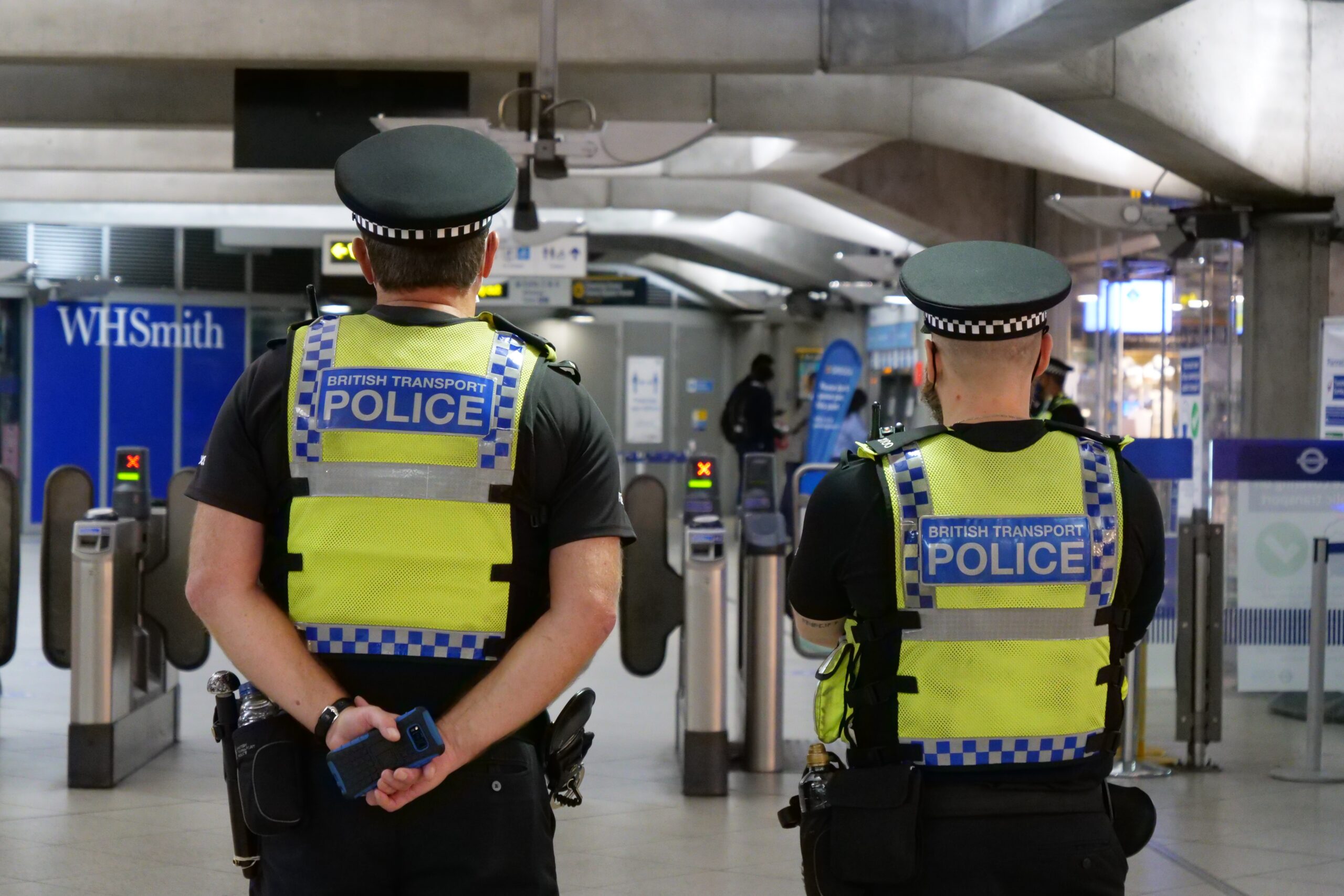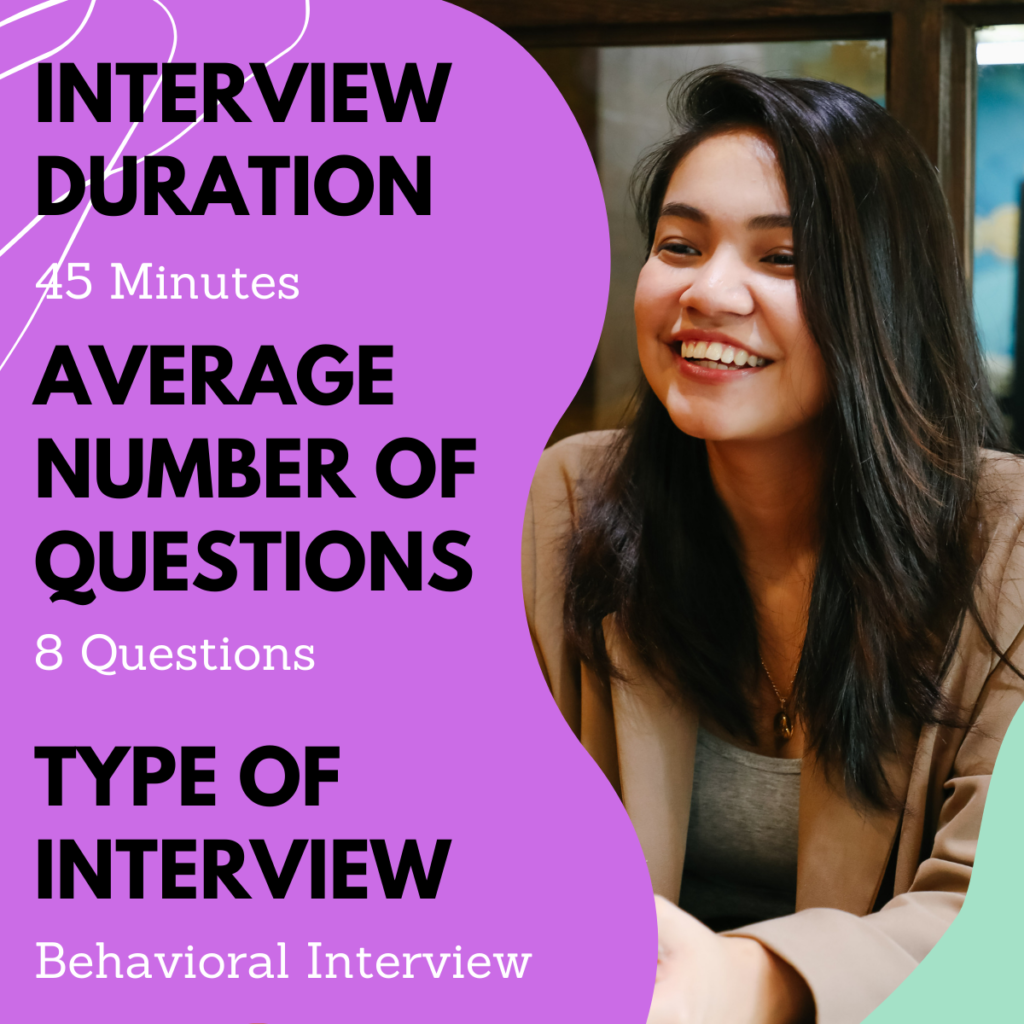The recruitment process is changing due to issues such as the great resignation and the global job market.
Since the start of the pandemic, career professionals have been reflecting on how their employers have treated them.
The great resignation is an economic trend that started in the United States which saw a large number of employees resign from their job roles.
With a high number of vacancies on the increase: 2.4% of job roles were vacant in quarter 1 of 2021, career professionals are feeling confident when it comes to job-hopping.
Depending on the employer, businesses are being affected in various ways.
For small to medium-sized companies, the advice is to shorten the hiring processes as the number one choice applicant gets bored and quits the application when it is long and slow.
This ‘quit and jump’ strategy is a big problem when it comes to filling a position. Indeed state that the average number of days a job is live is 30 days and other sources indicate it is more like 42 days, which has led to employers having to sweeten the deal by increasing salary and company benefits.
Global brands are on the opposite scale with businesses receiving a record number of applications for an advertised role that has led to the increase in automated recruitment processes.
One reason for this is the global job market. With advances in technology and remote working becoming the norm for employees, career professionals living in one country can apply for a position in a second country.
Technology is set to change the workplace with tech giants like Mark Zuckerberg investing in the metaverse – a digital environment where multiple people can interact in a 3D world, which could lead to a future where many jobs take place in the virtual world, from the comfort of your won home.
In an article on Microsoft, they stated how they received over 7 million visitors to the career section of their website.
As global brands see a year-on-year increase in the number of applications they receive for each job vacancy, many of them are turning to automated recruitment options such as asynchronous video interviewing and application tracking system software.
The great resignation and the global job market have resulted in employers testing new job interview processes.
Top 5 Job Interview Processes
Below is an outline of the various and most common job interview stages an applicant may have to attend to land their dream job.
Depending on the organisation and role, job applicants are likely to have to attend between 2-6 rounds of job interviews.
Preperation is key to a successful job interview. To prepare, career professionals must understand the various steps in the recruitment process.
Asynchronous Video Screening Interview
Global brands, big businesses, and high-paying employers are receiving record numbers of applications.
The extremely high volume of applicants is simply too much for a human to contemplate. Rather than hiring additional human resource staff to read and interview each career professional who has shown interest in the vacancy, organisations have turned to technology.
AVI – asynchronous video interviews are used as a screening process.
The AVI interviewed won’t be scheduled on a particular date and time. Instead, the applicant can choose a time most suitable for themselves (as the interviewer is an AI programme, not a human).
Each AVS lasts for around 15 minutes.
During the 15 minutes the interviewee has time to prepare themselves; check the voice and video systems are working correctly, take a practice interview test, before being interviewed by the AI programme.
The actual interview takes around 10 minutes, with an average of three job interview questions being asked.
The interview question will appear on the screen and the candidate will have one minute to prepare for their answer.
After the minute is up, the video recording takes place. During the recording, the interviewee has only two minutes (on average) to answer the interview question, before the recording stops, in readiness for the second or third interview question.
As the 2 minutes are coming to an end the AVI will let the interviewee know that there are 30 or 10 seconds left to go.
For more information on AVIs click here: what is an AVI
Values Job Interview
The days of a job for life have long retired.
Employees, more than ever before, job hop, resign out of the blue, and are approached online by recruiters and employers if a suitable vacancy is available.
Global problems such as the bank crisis and Covid19 have shown how a business one year is a success, but the next year is making redundancies.
No job is safe.
Employers, to help recruit the most suitable and ideally long-lasting employees are turning towards a new way of recruiting based on the values of the organisation.
The ‘values’ job interview is designed to hire staff members who are likely to 1) go above and beyond for the company and 2) improve staff retention as the job interview asks questions about the applicant’s own values before cross-referencing their answers against the values of the company.
In the main, the interview questions will be about the company values:
- Can you name the 7 company values?
- Which of our values would you say in most important to you?
- When working in a team what is your main priority?
- What does success sound like to you?
- What motivates you to get out of bed on a Monday morning?
- How do you know when you have done a good job?
- How would you (value) when working on a project?
Research is required for a values job interview. Without an awareness of the employer’s company values it is unlikely that any of the job interview answers will state enough relevance to gain a high-scoring mark.
For more information click: what is a values job interview?
Strength-based Job Interview
A number of employers are embedding strength-based job interviews into their recruitment processes.
Similar to the ‘values’ job interview, the strength-based job interview is looking at suitability from the perspective of the ‘company fit’.
Each strength-based job interview question is about the employee’s preference – the way they prefer to work, their natural motivators and are crossed reference against the company culture.
There is an obvious cross-over with company culture and values which is why a values job interview and a strength-based one are similar.
In the main, but not always, the questions are asked about preference:
- Do you prefer to work independently or as part of a team?
- What is more importnat to you starting or finishing a project?
- Do you like variety or routine?
- How do you work best, when you are woking on one importnat task or when you have to multitask?
- Choose a statement that best suits you: I prefer creativity or I prefer following processes and procedures?
- When do you excel when being told what to do or when telling other people how to do things?
For more strength-based interview questions, read this article: Strength-based job interviews
Behavioural Job Interview
The final two job interviews that will be discussed are both from the structured job interview family.
Both the behavioral and situational job interviews are well-known and well-used recruitment tactics.
Previously, employers, especially in small to medium-sized organisations where the interviewer is the potential line manager, not a trained HR interviewer, the interview panel asked a mixture of behavioral and situational job interview questions.
More recently, employers are understanding the importance of how they frame a job interview question, as the frame can influence the type of answer an applicant gives.
This understanding has led to organisations using a specific structured job interview: Behavioural or situational. Amazon, as an example, is known for asking behavioral job interview questions and even going as far as referencing this on their career page.
“Behavioral job interview questions are questions framed in the past tense. The idea being, that past behaviors predict future actions – a zebra cant change it stripes”
Chris Delaney author of What is your interview identity
Behavioral job interview questions sound like this:
- Tell me about a time when you were faced with a problem that had a number of possible solutions?
- When have you learnt from a mistake?
- Describe a time when you took the lead?
- Tell me about a time that you collaberated with others?
- Have you ever gone above and beyond?

Situational Job Interview Questions
Situational job interview questions are future-based scenarios.
Behavioral job interview questions are ideal when an employer is recruiting a highly experienced and skilled employee, someone, who must demonstrate their work experience.
On the other hand, many roles are suitable to a qualified individual without the need for several years experience:
Situational job interview questions sound like this:

Other Types of Job Interviews
Technical Job Interview
Technical interviews assess the candidate’s technical ability to complete a certain technical task.
Some technical interview questions look at skills required for the technical role: problem solving or numerical reasoning, with some questions being in the form of a brain teaser.
Common in engineering, science, and IT roles.
Group Job Interview
Team to group interview tasks are common during full-day assessments.
As part of the recruitment process interviewees will be put in groups to complete a simple task.
Several interveiwers will observe the groups and mark each person on their communication, leadership, and teamwork skills.
The task normally lasts around 30 minutes.
Role Play Interview
The use of actors and/or hiring managers acting a part and situation that the interviewee has to deal with while being observed and marked by additional interveiwers is very common in leadership and high-paid positions.
The idea is for the employer to see in real-life (or as near to as possible) how the applicant will react in the (common) situation.
The person playing the part/situation will often be having a problem or being disruptive, and it is for the interviewee to show their professionalism and skill set to find a solution to the problem.
The recruitment process is changing.
There will be an increase in automated job interviews and resume/CV selection.
Large employers will continue to see an increase in the number of applications per vacancy.
Competition (for many roles) will be global.
Technology will continue to change the jobs on offer.
Many employers will use multiple stages of interviews to help recruit a high-performing team.
Hiring managers will ask more interview questions around company values and culture.
Employers will continue to adopt the structured job interview process as it has been proven to be the best indicator of a candidates job performance.
It is highly likely that recruitment will be completed in the metaverse or as part of a virtual reality interview process.















